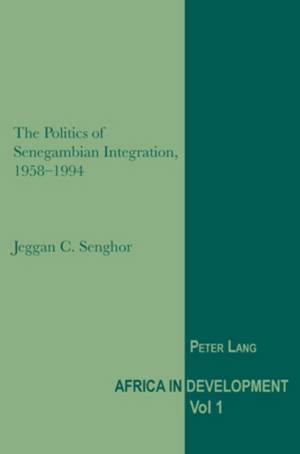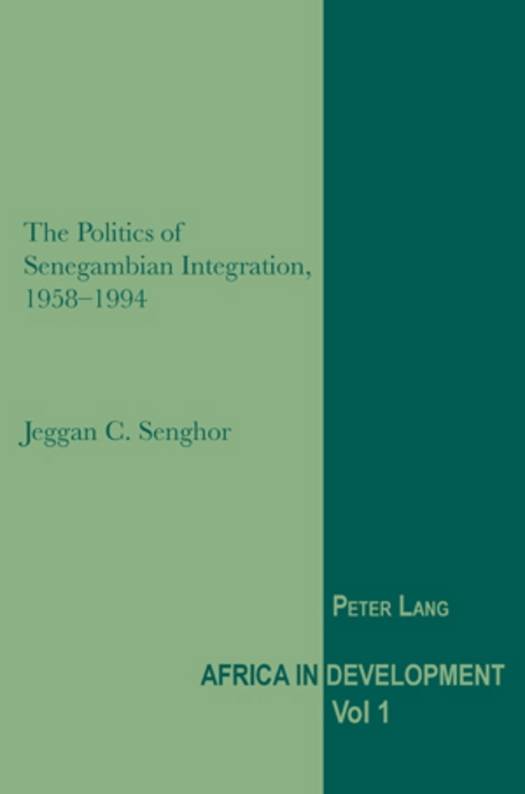
- Afhalen na 1 uur in een winkel met voorraad
- Gratis thuislevering in België vanaf € 30
- Ruim aanbod met 7 miljoen producten
- Afhalen na 1 uur in een winkel met voorraad
- Gratis thuislevering in België vanaf € 30
- Ruim aanbod met 7 miljoen producten
Zoeken
Omschrijving
This study focuses on the experience in state-managed cooperation and integration between The Gambia and Senegal. Specifically, it examines the nexus between national politics in The Gambia and inter-state cooperation in Senegambia; that is, the impact and implications of politics in The Gambia on the process of cooperation with Senegal in functional areas.
The Senegambia case is a microcosm of the African dilemma of reconciling the ideological imperative of African unity and regional integration, recently enshrined in the Constitutive Act of the African Union, and the primordial reality of protecting national statehood and particularistic interests. The experience is instructive in many ways. It is indicative of the problems that arise in any scheme to promote integration between countries with distinctly different colonial heritages. The Senegambia case demonstrates that integration is more problematic after statehood has been achieved, if only because the rewards of statehood are more immediate whereas those of integration and unity are more distant. Then also this case demonstrates that integration can be perceived as a threat to national sovereignty by one or both parties; in fact, sovereignty is often very fragile in these states and is jealously guarded. Finally, the experience reveals the complexities and intricacies of achieving union between African states and demonstrates the tension between constructing a national political state and responding to the demands of inter-national economic integration.
The Senegambia case is a microcosm of the African dilemma of reconciling the ideological imperative of African unity and regional integration, recently enshrined in the Constitutive Act of the African Union, and the primordial reality of protecting national statehood and particularistic interests. The experience is instructive in many ways. It is indicative of the problems that arise in any scheme to promote integration between countries with distinctly different colonial heritages. The Senegambia case demonstrates that integration is more problematic after statehood has been achieved, if only because the rewards of statehood are more immediate whereas those of integration and unity are more distant. Then also this case demonstrates that integration can be perceived as a threat to national sovereignty by one or both parties; in fact, sovereignty is often very fragile in these states and is jealously guarded. Finally, the experience reveals the complexities and intricacies of achieving union between African states and demonstrates the tension between constructing a national political state and responding to the demands of inter-national economic integration.
Specificaties
Betrokkenen
- Auteur(s):
- Uitgeverij:
Inhoud
- Aantal bladzijden:
- 338
- Taal:
- Engels
- Reeks:
- Reeksnummer:
- nr. 1
Eigenschappen
- Productcode (EAN):
- 9783039111329
- Verschijningsdatum:
- 15/02/2008
- Uitvoering:
- Paperback
- Formaat:
- Trade paperback (VS)
- Afmetingen:
- 152 mm x 229 mm
- Gewicht:
- 453 g

Alleen bij Standaard Boekhandel
+ 192 punten op je klantenkaart van Standaard Boekhandel
Beoordelingen
We publiceren alleen reviews die voldoen aan de voorwaarden voor reviews. Bekijk onze voorwaarden voor reviews.











